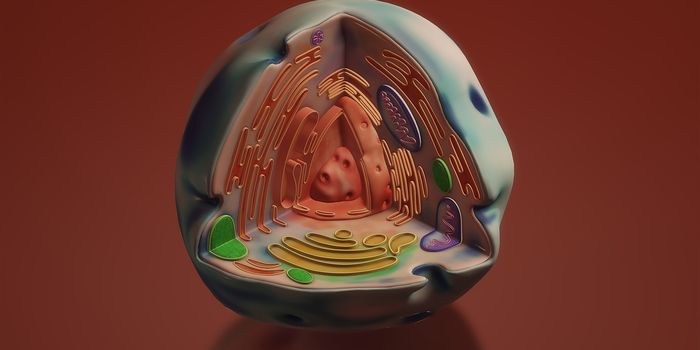An antibiotic resistance gene that was known to be present in animals on farms in Europe and Asia has now been found in the United States. An assay of a pig farm performed in 2015 has now revealed that carbapenem resistance has been established in livestock of the US. The scientists performing the work have reported their
findings in Antimicrobial Agents and Chemotherapy.
Carbapenems are a class of drugs of last resort – they are used to treat bacterial infections that are resistant to the typical drugs used to fight them. A gene called blaIMP-27 confers resistance to that group of antibiotics, which includes drugs like Doribax (doripenem), Primaxin (imipenem) and Merrem (meropenem).
The researchers investigating the farm do not know the original source of the gene. Often, resistance genes are a part of genetic material that can be passed among animals in a phenomenom called horizontal gene transfer, so these genes can spread.
"For now, we think that this is a rare and unusual occurrence," commented the senior author of the report, Thomas Wittum, the Chair of the Department of Veterinary Preventive Medicine at the College of Veterinary Medicine of Ohio State University.
"We hope that we have caught it early enough to stop it from spreading. The risk to the public is that these are food animals that will someday enter the food supply as fresh pork products.
"While we didn't find any evidence that that has occurred on this particular farm, it is a potential concern," Wittum added. "We want to be sure that multidrug-resistant bacteria like these are never present in food, and one way to do that is to be sure that they are not introduced onto our farms."
"It is hugely concerning, because antibiotic resistance is an increasingly serious threat to global public health," commented Elizabeth Scott, the Chair of the Department of Public Health at Simmons College in Boston.
"Although some experts think that it is already too late, and that we are living in a post-antibiotic era, I believe that there are still things that can be done to minimize the risk.” Scott added that some steps that might be taken to reduce the threat include "banning the use of antibiotics as animal-growth promoters; using veterinary antibiotics to treat only sick animals; adopting smart antibiotic-prescribing in human medicine; and generally reducing the number of antibiotics being prescribed," Scott said.
"Also, we can help to minimize the risk of acquiring an infection in our daily lives by adopting good hygiene practice, including personal and domestic hygiene to reduce the risk of community-acquired skin, respiratory and gastrointestinal infections," Scott concluded.
In the US, carbapenem antibiotics are prohibited from being used to treat animals. It is very common to treat animals in China with many different antibiotics before they are even showing signs of illness, however. This has become a global problem that demands attention.
Sources:
UPI,
Antimicrobial Agents and Chemotherapy,
Time

















































